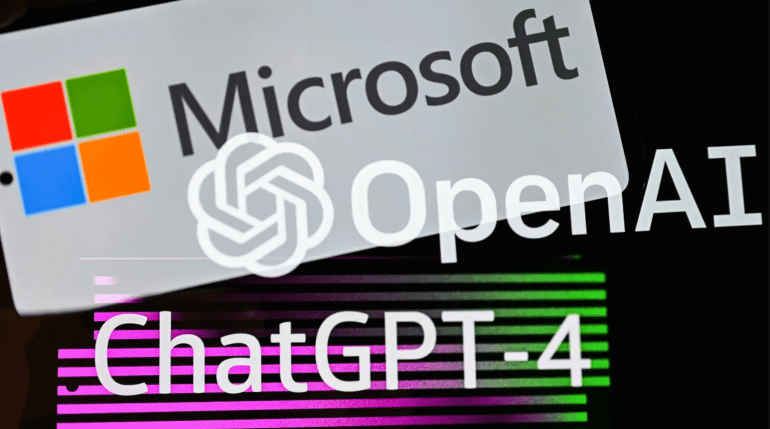- Newspapers, including NY Daily News and Chicago Tribune, sued Microsoft and OpenAI.
- Allegation: unauthorized use of journalists’ work to train AI systems.
- Lawsuit mirrors similar ones against Microsoft and OpenAI by other news outlets.
- OpenAI emphasizes support for news organizations; Microsoft declines comment.
- Lawsuit highlights broader trend of copyright owners challenging tech firms over AI data use.
- Plaintiffs seek monetary damages and injunction against further infringement.
Main AI News:
A consortium of newspapers, among them the New York Daily News and Chicago Tribune, initiated legal action against Microsoft and OpenAI in a New York federal court. Their contention: the unauthorized utilization of journalists’ content to train their generative artificial intelligence platforms.
These eight newspapers, under the ownership of investment firm Alden Global Capital’s MediaNews Group, assert that millions of their articles were illicitly appropriated for the training of AI tools, including Microsoft’s Copilot and OpenAI’s ChatGPT.
This lawsuit mirrors ongoing legal battles against Microsoft and OpenAI, with the latter having received substantial financial backing from the former. Entities such as The New York Times, The Intercept, Raw Story, and AlterNet have also brought similar complaints against these tech giants.
In response, an OpenAI spokesperson emphasized the company’s commitment to supporting news organizations in their product development and design processes. Meanwhile, a Microsoft representative opted not to comment on the lawsuit.
These newspaper lawsuits underscore a broader trend of copyright owners challenging tech companies over the use of data to train their AI systems. Attorney Steven Lieberman, representing the MediaNews publications, contends that OpenAI owes its considerable success to the intellectual property of others. He points out the apparent inconsistency of tech companies investing in hardware and personnel while allegedly sidestepping compensation for content usage.
According to the lawsuit, Microsoft and OpenAI’s AI systems replicate copyrighted content from the newspapers verbatim and, in some cases, fabricate damaging articles that falsely attribute content to these publications. Examples cited include a fictitious Denver Post article advocating smoking as a remedy for asthma and a fabricated Chicago Tribune endorsement for a baby lounger, later recalled due to safety concerns.
The plaintiffs, which also include the Orlando Sentinel, South Florida Sun-Sentinel, San Jose Mercury News, Orange County Register, and Twin Cities Pioneer Press, seek unspecified financial damages and an injunction against further infringement.
Conclusion:
This lawsuit reflects a growing concern among copyright owners regarding the use of their content to train AI systems. If successful, it could lead to stricter regulations or licensing agreements in the market, impacting how tech companies access and utilize data for AI development. Businesses should monitor these legal developments closely to adapt their practices accordingly.

